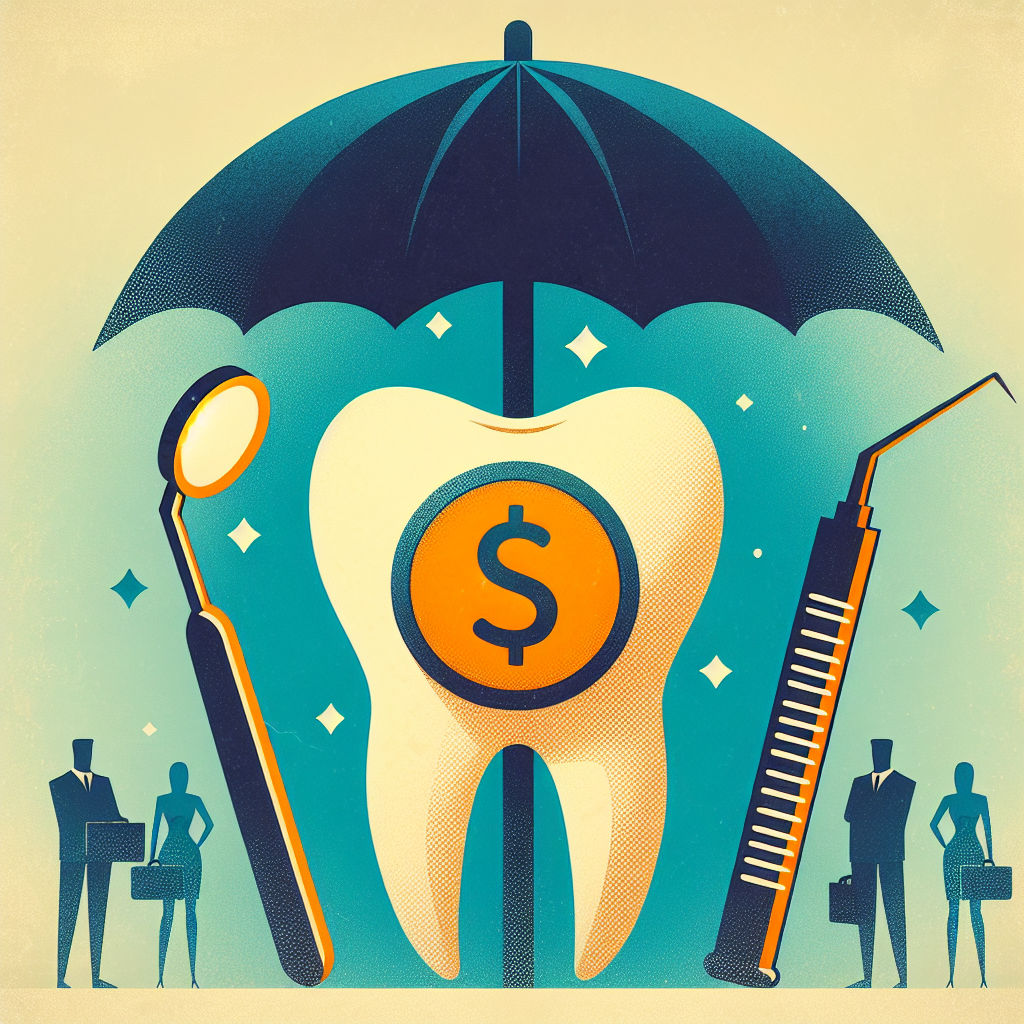Filed under Health Insurance on
Does Health Insurance Cover Oral Surgery Costs?

Understanding the intricacies of health insurance can sometimes feel like navigating through a maze. When it comes to oral surgery, many individuals find themselves questioning, “Does health insurance cover oral surgery costs?” It’s an important question, as oral surgeries are not only crucial for health but can also be expensive.
What is Oral Surgery?
Before diving into the specifics of insurance coverage, it's essential to understand what oral surgery entails. Oral surgery encompasses a variety of procedures involving the mouth, teeth, and jaw. Common types include wisdom teeth removal, dental implants, corrective jaw surgery, and tooth extractions.
Health Insurance vs. Dental Insurance: The Basics
When pondering whether health insurance covers oral surgery costs, it's crucial to differentiate between health insurance and dental insurance. Health insurance typically covers general health-related needs, while dental insurance is specifically designed for the maintenance and treatment of dental health.
However, the distinction is not always clear-cut, especially when procedures straddle both health and dental needs. This blurs the lines of coverage, leaving many people uncertain about what their health insurance will actually cover.
When Oral Surgery is Medically Necessary
The crux of whether health insurance will cover oral surgery costs often hinges on the concept of medical necessity. If a surgery is deemed medically necessary, there is a greater likelihood that health insurance will cover part or all of the expenses.
For example, surgeries like correcting a birth defect, repairing facial injuries from an accident, or dealing with severe oral infections can be classified as medically necessary. In contrast, procedures deemed cosmetic may not receive the same consideration for coverage.
Common Oral Surgeries and Their Coverage
Let's explore how health insurance policies typically handle common oral surgeries.
Wisdom Teeth Removal
Wisdom teeth removal is one of the most common oral surgeries. When these teeth cause pain, crowd other teeth, or risk infection, removal is often medically necessary. In such cases, health insurance coverage might apply. However, if the surgery is preventative without immediate health risks, coverage may be limited to dental insurance instead.
Corrective Jaw Surgery
Known as orthognathic surgery, corrective jaw surgery is performed to address functional problems such as misalignments that affect chewing, speaking, or breathing. Since these procedures directly relate to essential health functions, health insurance frequently covers corrective jaw surgery costs.
Dental Implants
Dental implants can be a complex issue when it comes to insurance coverage. While health insurance often considers implants as cosmetic, exceptions can be made if the surgery is necessary due to trauma or disease. It’s advised to closely review both health and dental insurance policies for specific coverage details.
How to Determine Your Coverage
Review Your Insurance Policy
The first step in determining if health insurance covers oral surgery costs is to thoroughly review your insurance policy documents. Pay close attention to sections on covered services and exclusions. An insurance agent or customer service representative can also provide clarity on ambiguous points.
Pre-authorization Requirements
Many insurers require pre-authorization for surgeries. This process involves obtaining approval before the procedure to confirm that the surgery is within the bounds of your coverage. Failing to secure this approval may result in out-of-pocket expenses.
- Gather necessary documentation from your healthcare provider.
- Submit these documents to your insurance company for review.
- Await confirmation to ensure coverage.
Seek Professional Guidance
Consider consulting with your dentist or oral surgeon about their experience with insurance claims and coverage. They can often recommend strategies to navigate the insurance process more effectively, such as detailed letters of medical necessity.
Current Industry Trends and Insights
As healthcare technology advances, so do the trends surrounding insurance coverage. The industry is slowly evolving to provide better integration between health and dental insurance, considering the direct impact oral health can have on overall wellbeing.
An increasing number of insurance companies are recognizing certain oral surgeries as essential health benefits, particularly as new research points to oral health’s critical role in systemic health. This shift could potentially expand coverage options for policyholders.
The Affordable Care Act (ACA) has also impacted how certain maximum out-of-pocket costs are structured, potentially influencing cost-sharing aspects for oral surgeries. Staying informed on these changes can help individuals better navigate their insurance options.
Expert Opinions
According to Dr. Jane Smith, a renowned oral surgeon, "Understanding the criteria for medical necessity is key. Patients should advocate for themselves by working closely with their insurance providers and surgeons. Documentation is crucial to proving that a procedure aligns with medical necessity criteria."
Health insurance expert, Michael Jones, adds, "Policyholders must be proactive. Knowing the details of one's policy and staying informed about the latest in health insurance guidelines can prevent unexpected bills post-surgery."
Conclusion: Navigating Insurance and Oral Health Needs
Navigating the question, “Does health insurance cover oral surgery costs?” requires diligence and proactive research. By understanding your policy intricately, securing necessary pre-authorizations, and learning from industry changes, you can ensure that your health needs align with available coverage effectively.
While insurance landscapes are complex, knowledge empowers patients to make informed decisions, ultimately leading to better health outcomes and financial well-being. The convergence of health and dental insurance represents a promising step towards comprehensive coverage for essential oral health procedures.





